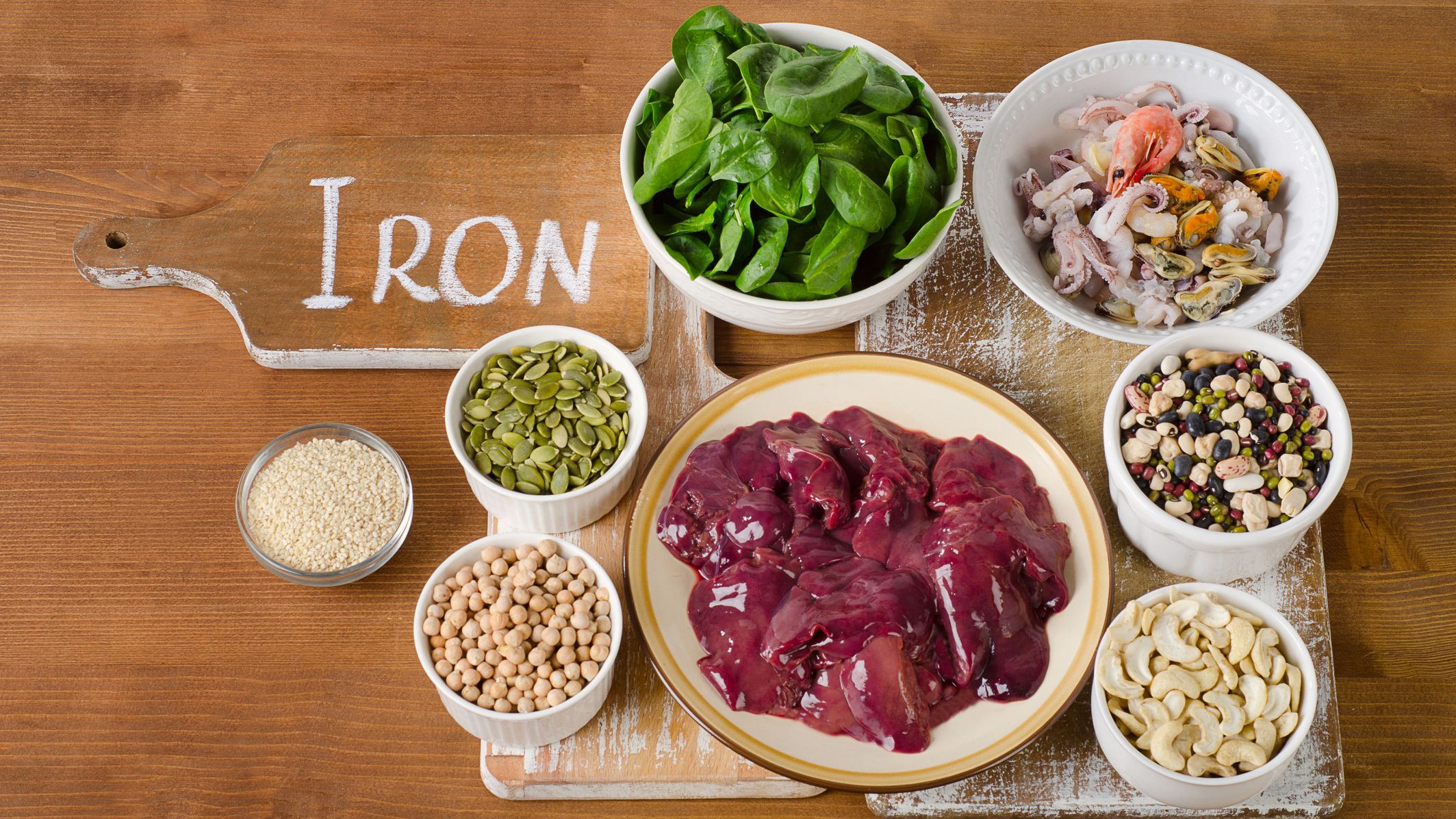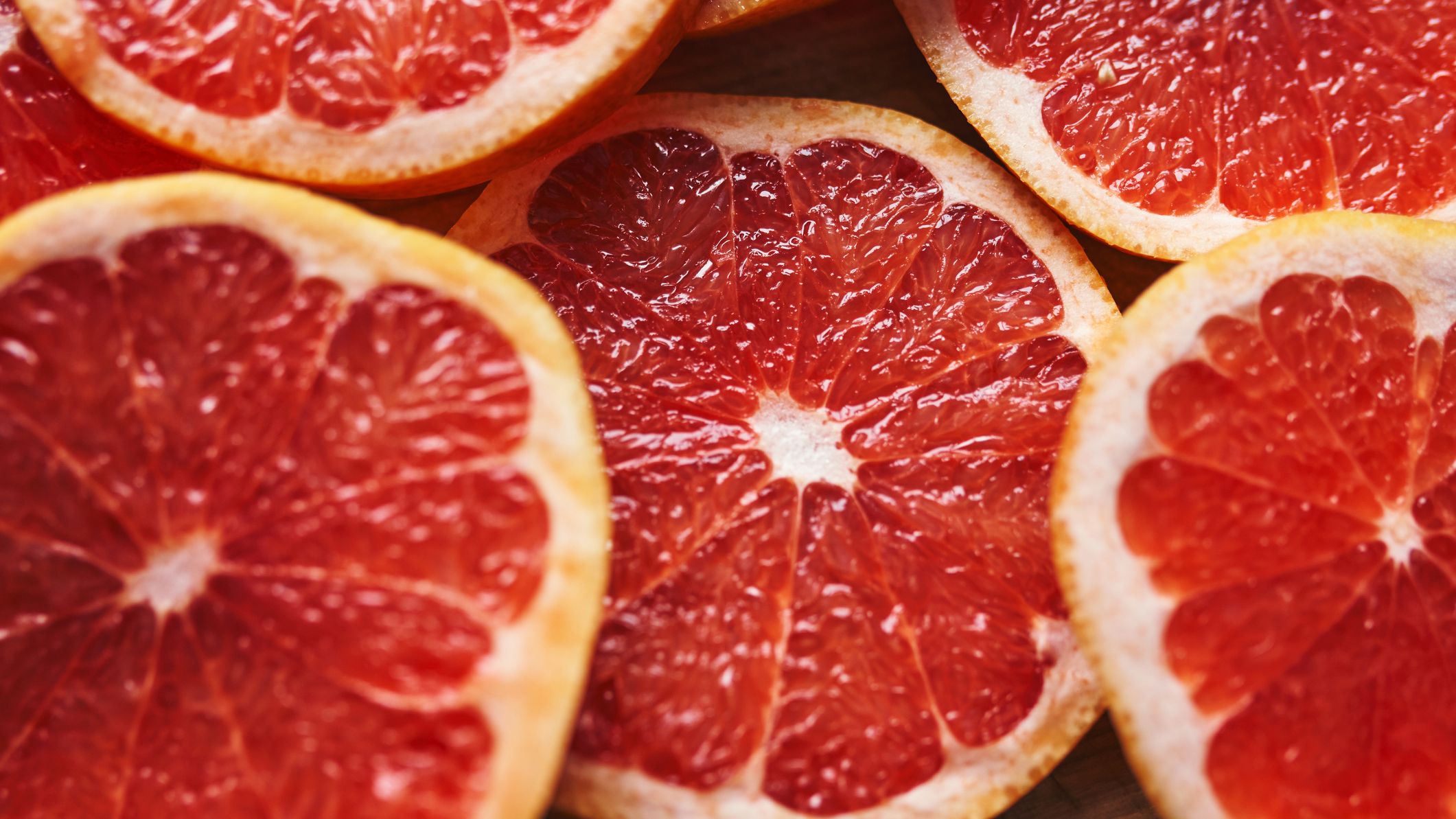A longevity expert says nutrient deficiencies can have a “profound effect” on health and lifespan—here are five to watch out for
Plus, why you shouldn’t use supplements until you do this one thing

Nutrient and mineral deficiencies can have a big impact on your day-to-day health, often making you feel more tired, weakening your immune system and generally preventing your body from working at full capacity.
And according to Dr Matt Kaeberlein, a scientist, longevity expert and founder of healthtech company Optispan, nutrient and mineral deficiencies can also impact your long-term health. “Nutrient deficiencies may sound like a minor issue, but they can have profound effects on both healthspan and lifespan,” he tells Fit&Well.
“Think of it this way: your body is a complex machine that depends on a steady supply of essential vitamins, minerals and amino acids to keep its systems running. When those inputs are missing, the machinery starts to wear down faster.”
According to Kaberlein, most deficiencies are “partial and chronic”. This means that although they may not have a significant impact on daily life, they may be gradually affecting your health. “[This] quietly increases vulnerability to cardiovascular disease, dementia, infections and cancers. Over decades, these small cracks in the foundation can significantly shorten both lifespan and the years of life lived in good health,” he says.
Kaberlein flagged five nutrient deficiencies that are both common and have particularly negative consequences.
1. Iron

“Chronic iron deficiency causes anemia, reducing oxygen delivery. This not only causes fatigue but also forces the heart to work harder, increasing risk of heart failure and earlier death,” says Kaeberlein.
Iron-rich foods include red meat, poultry, fish, beans, lentils and dark leafy greens.
Start your week with achievable workout ideas, health tips and wellbeing advice in your inbox.
2. Vitamin D
“Low vitamin D or calcium accelerates bone loss, raising fracture risk and mortality,” says Kaeberlein. “Inadequate vitamin D accelerates bone loss, leading to osteoporosis and fractures. Hip fractures in older adults carry a 20-30% one-year mortality rate, so preventing this deficiency can literally save years of life.”
Your skin is able to make vitamin D when exposed to sunlight, but you can also get it from some foods including oily fish and egg yolks.
3. Folate

“Folate is essential for DNA synthesis and methylation,” says Kaeberlein. “Low folate levels increase DNA damage and impair repair, raising risks for cancers and cardiovascular disease.”
“Populations with chronic folate deficiency consistently show higher mortality,” he adds.
Folate is in foods like dark leafy green vegetables, beans, lentils and citrus fruits.
4. Selenium
“Selenium is a trace mineral that supports antioxidant defenses and thyroid function. Low selenium intake has been associated with higher rates of certain cancers and poorer survival outcomes,” says Kaeberlein.
Brazil nuts contain high amounts of selenium, as do some types of seafood and lean meats, such as beef and pork.
5. Omega-3
“Deficiencies in marine omega-3s (EPA and DHA) are linked to increased risk of arrhythmias, heart attacks and sudden cardiac death,” says Kaeberlain. “Even modest supplementation lowers cardiovascular mortality in multiple studies.”
You’ll mostly find omega-3 in oily fish, but you can also find it in flaxseeds and chia seeds.
Should everyone be taking supplements?
It’s best to get the vitamins, nutrients and minerals you need from a varied diet, but given the risks of nutritional deficiencies, you’d be forgiven for thinking you should turn to supplements to play it safe.
Of course, it’s not that simple. “Too much of some of these nutrients can be detrimental,” says Kaeberlein. “There’s a lower bound and an upper bound, and you want to be in that range. You don't want to be above the range, or that can have negative health consequences as well.”
Kaeberlein is an advocate of blood tests to establish whether you have any nutrient, vitamin or mineral deficiencies. Generally, you can acquire a blood test from your general health practitioner.
“You should know what your levels are, and if you are deficient or suboptimal, supplement into the optimal range,” he says.
Alice Porter is a freelance journalist covering lifestyle topics including health, fitness and wellness. She is particularly interested in women's health, strength training and fitness trends and writes for publications including Stylist Magazine, Refinery29, The Independent and Glamour Magazine. Like many other people, Alice's personal interest in combining HIIT training with strength work quickly turned into a CrossFit obsession and she trains at a box in south London. When she's not throwing weights around or attempting handstand push-ups, you can probably find her on long walks in nature, buried in a book or hopping on a flight to just about anywhere it will take her.
You must confirm your public display name before commenting
Please logout and then login again, you will then be prompted to enter your display name.